Fri 14 - Sun 16 April 2023
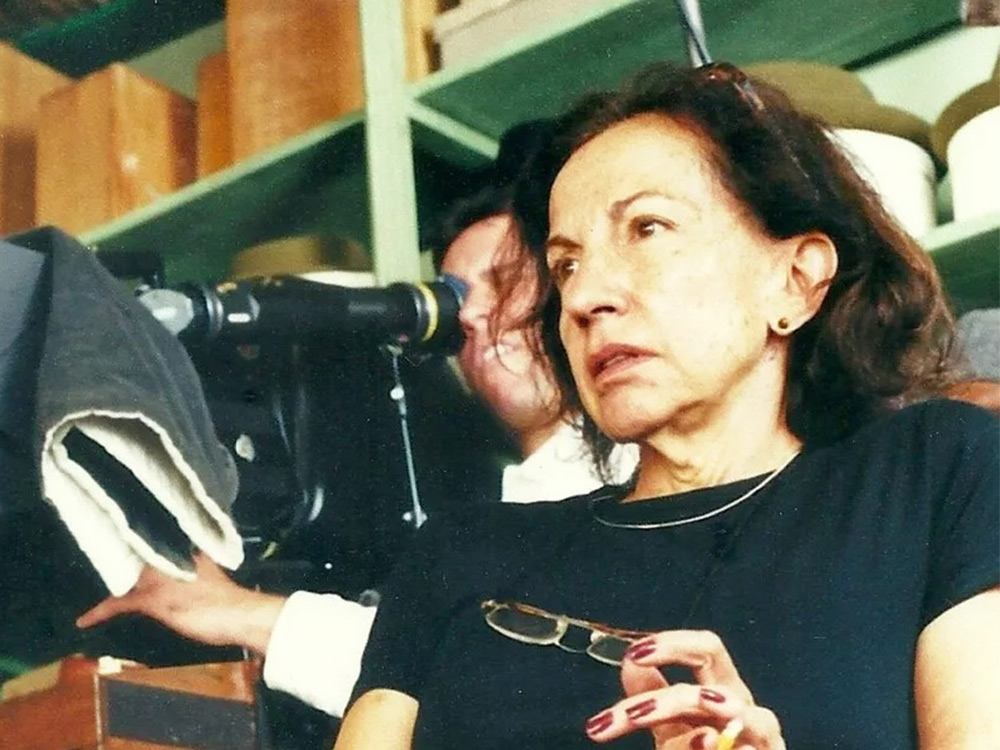
Pictured: Helena Solberg
The Brazilian filmmaker Helena Solberg has built a unique filmography featuring an impressive array of themes with aesthetic and political consistency and coherence for nearly sixty years.
Her first film The Interview (A entrevista, 1966) launched one of her keenest interests: grappling with the condition of women in society. It was a pioneering film in various senses, not only in Brazil but worldwide. The Interview foreshadowed themes that would sustain the second wave of feminism, and it is usually regarded as the first Brazilian feminist film. This was followed by the poetic Noon (Meio-dia, 1970). Both convey a strong atmosphere of rebellion and nonconformity against the established powers, no small feat in a country amidst a civilian-military dictatorship. This strengthened Solberg, who was the only woman to participate in the watershed Cinema Novo in Brazil.
Upon moving to the United States in the early 1970s, and fully living the moment of libertarian effervescence and great demonstrations for equal rights, Solberg became involved in a collective creation with the International Women’s Film Project, which resulted in the Women’s Trilogy, which include The Double Day (A dupla jornada). In the 1980s, she made a series of documentaries for the US network Public Broadcasting Service (PBS), which explored the US foreign policy, the local mobilisations against authoritarian regimes in Latin America, and confronting hegemonic perceptions about the US interference in the region.
The multiple award-winning Carmen Miranda: Bananas Is My Business (1994) marked Solberg’s return to Brazil, and started a new phase in which she turned her gaze to Brazilian artistic manifestations. But she has never lost sight of how the political, economic and social contexts reverberate in the individual. This became her hallmark permeating her trajectory.
Her first fiction feature Diary of a Provincial Girl (Vida de menina, 2004), was based on the memoirs of a young woman at the end of the nineteenth century as Brazil underwent profound transformation with the end of the monarchy and the abolition of slavery. The protagonist is another rebellious and defiant character depicted by Solberg.
The ICA In Focus, jointly with the Embassy of Brazil in London, represents part of this major shift in the wake of a welcome revisionist push towards writing a more inclusive cinema history. Helena Solberg’s transnational experience, in addition to her political and feminist activism, ensued in an unmissable complex and bold oeuvre, mindful of the world’s ebbs and flows, challenging the film viewer to engage, react and act. May the broad and reinvigorated circulation of her films reverberate, inform and inspire generations now and in the future.
Text by Natalia Sobrino Christofoletti.
Programme
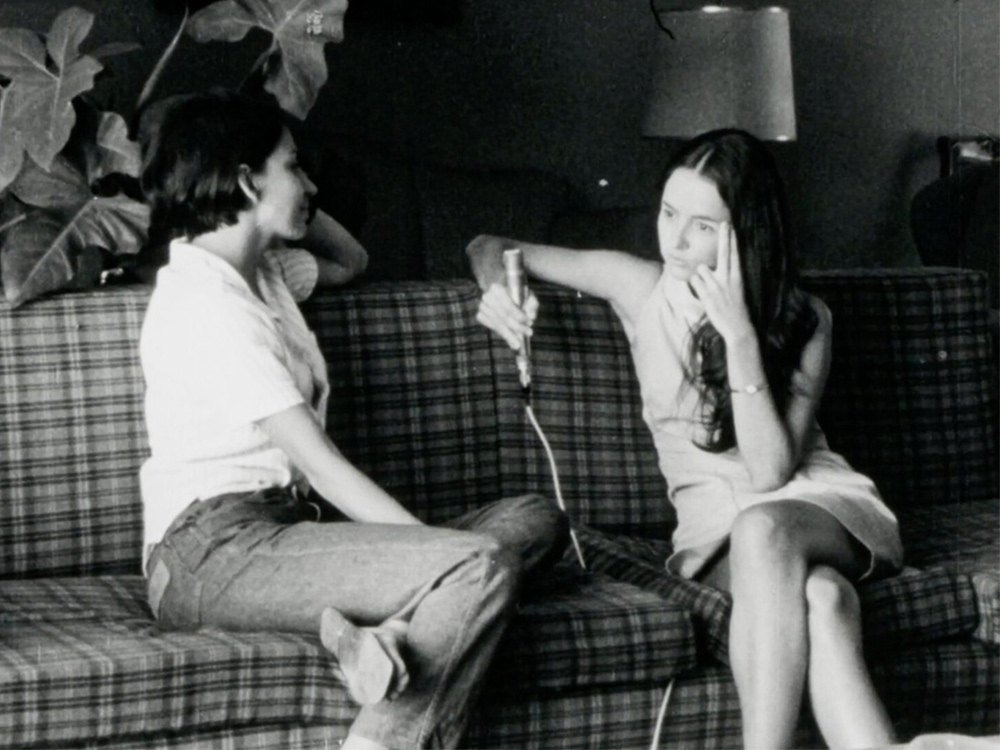
Friday 14 April, 6:45pm
A programme comprising of two documentary short films which focus on one of Solberg’s keenest interests: the condition of women in society.
Saturday 15 April, 4:30pm
The 1995 documentary chronicles the life and career of actress Carmen Miranda, who found fame in Hollywood in the 1940s by incarnating the spirit of Latin American.


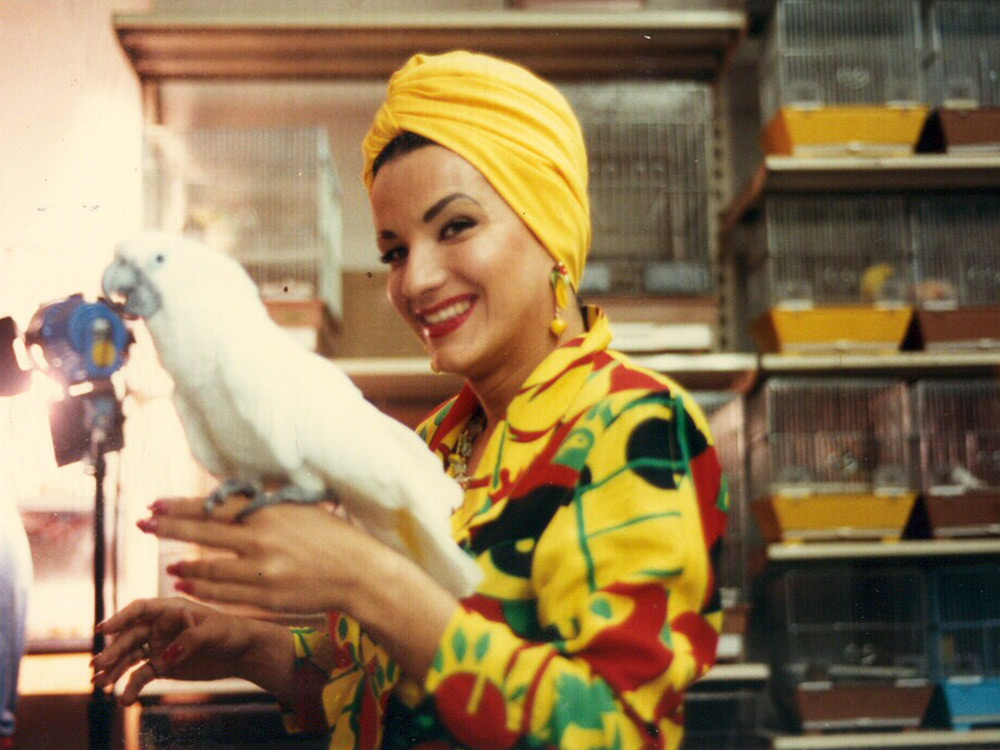
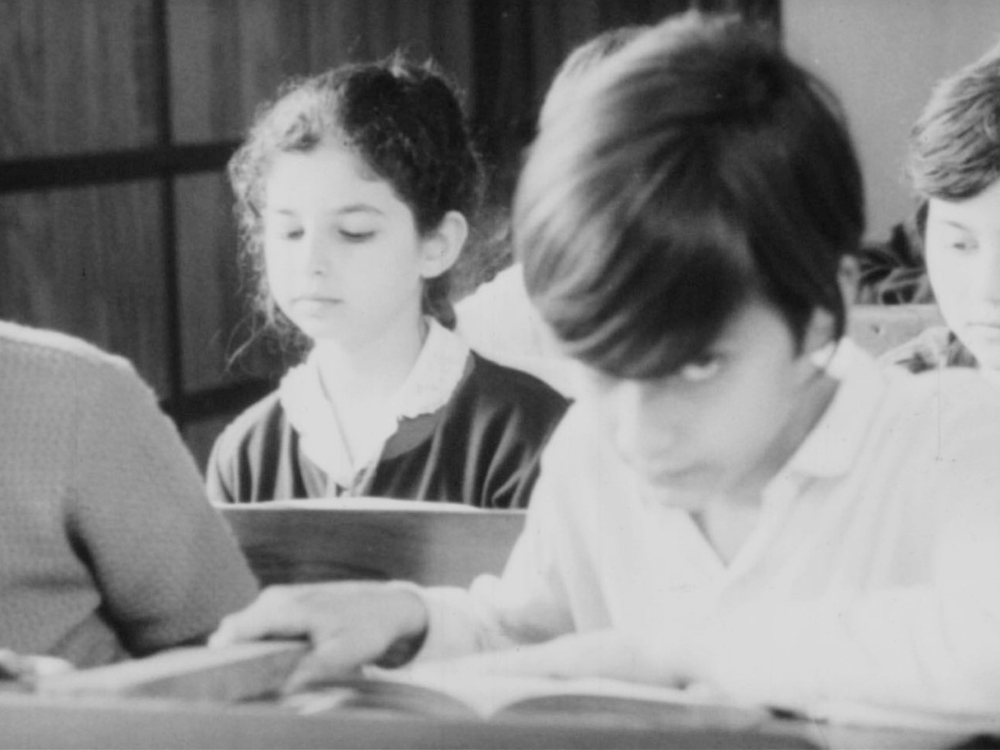









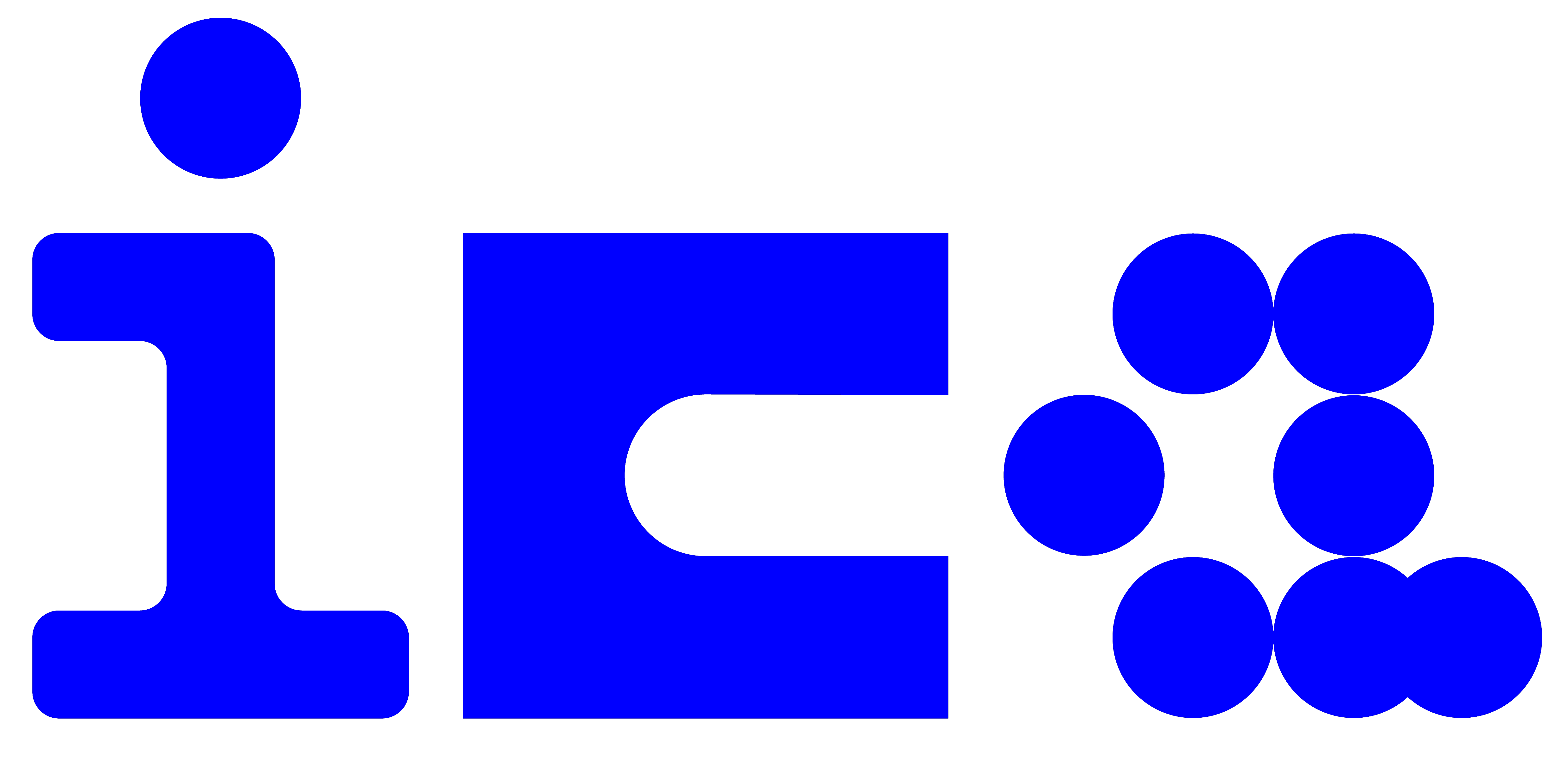
no. 236848.